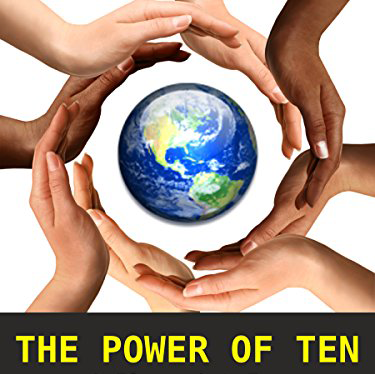Stories
Nothing is true
Nothing is true and maybe not even that. That is a bit a mantra of mine. That does seem a bit awkward, because you have to accept certain starting points if you want to get things done. Of course there are fact. Water is wet and flames are hot. With wind and an air foil you can generate lift and with a combustion engine you can propel a car. Now once you have built that car, you can claim you have now built the best car, but that will never be a fact, it will be an opinion. It ultimately can’t even be true. There are so many criteria to judge a car by, that it is impossible to meet all those criteria in the best fashion. But maybe that is not true.
There are facts, but there are no truths. Still you have to make choices. You try to make the best possible choices in any given situation; the choice that meets as many criteria as is possible and scores well on them. Ultimately reality will determine whether the correct choices were made. The execution then determines the quality of the choice.
If you are a concert pianist, you have the interpretation of a sonata completely in your own hands. You can even fine-tune your interpretation to your technical qualities as a pianist. That could bring you really close to your own truth. The public then is no more than a reality check. When the pianist however plays a piano concerto he has to deal with the interpretation of the conductor who might have a rather different vision. That vision in turn is subject to the qualities of the orchestra. The best possible performance can only be realised if you can mobilise the skills of all members of the orchestra. If the conductor as well as the soloist motivate the orchestra and manage to make them rise above their technical skills that brings that dynamic that even gives the soloist that extra momentum that makes the performance truly great. That then touches the audience to make that concerto a total happening.
Some musicians, the real greats, have an interesting vision and the ability to bring that across. That vision then resonates with the orchestra in a way that brings out that little bit extra the professional instrumentalists need to be the enthusiastic top musicians that leave nothing on the table. At that point in time, that was the best that was possible.
That little extra people can only bring if they want to, if they are prepared to dig deep. If they can convince themselves that they want to commit completely. But that may not be true. Maybe it is possible to coerce people to perform at their highest level. Maybe fear for their job or a threat to be banned or worse can bring people to their best performance. And that may be equally untrue as the first proposition. I do think it that it could be true that the first proposition can be repeated more often than the second one, I also do that the sustainability of the performance may be valued higher than the other one, because I do believe that you actually derive energy from a motivated performance whereas an enforced highlight consumes energy. I believe that. I truly believe that, but it doesn’t give me the right to turn that into dogma. I am not allowed to promote that obligatory truth. It will most likely not apply to all and sundry.
From the conductor’s point of view I also think it would be easier to manage if you can motivate all members of the orchestra to perform at their best. Then you can conduct the orchestra and almost play it as one instrument, in the confidence that all members will want to contribute. If you want to enforce that level, you will have to resort to inspection and control. Then you will have to follow individual instruments and even musicians to verify that all is at its best. That then inevitably goes at the expense of the attention you can devote to the piece as a whole. But even that most certainly isn’t always true. Somehow somewhere there may be someone with the required skillset to manage it like that. It is a pity that there are far more people who think that is them. That leads in turn to a lot really rather nice music.
It’s an analogy that also applies to societal choices. We talk about left and right, about socialism and capitalism, abut free and regulated markets. Proponents of one of those always pretend to preach the true gospel. The leaders of movements committed to such choices always try to project their certainty that their vision is best and represents the truth. Yet ultimately they subsequently need a whole set of control mechanisms governing bodies to keep their truth alive. Truth that cannot be discussed as it has risen to the status of dogma without being embraced by all. The societal foundation is lacking and with it the opportunity to allow humanity to make the best music as an orchestra.
The recent election in the USA with it disappointing voter turnout is just one such example that shows that societal commitment is below desirable level. Yet we cannot get around it. Even if you can’t believe in absolute truth, you still have to make choices. The support you can mobilise for such choices should be a very relevant criterion when making such decisions. Broad support will usually not be available for extreme choices. Extremes that mostly benefit the interests of limited groups.
It is energy well spent to look for wide support instead of devoting energy to suppress people into accepting a self-serving truth; the dogma, that simplified truth that cannot be true. Because nothing is true and maybe not even that.



